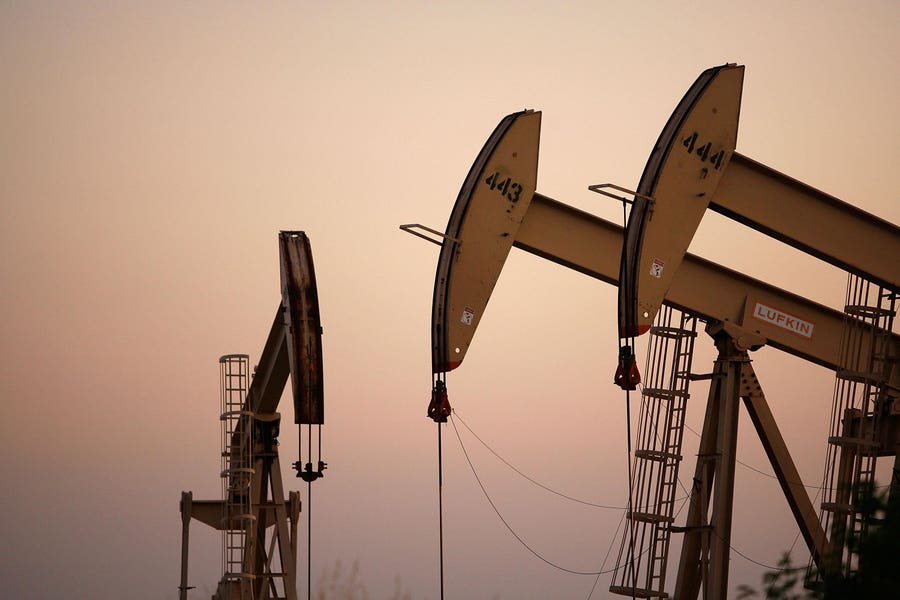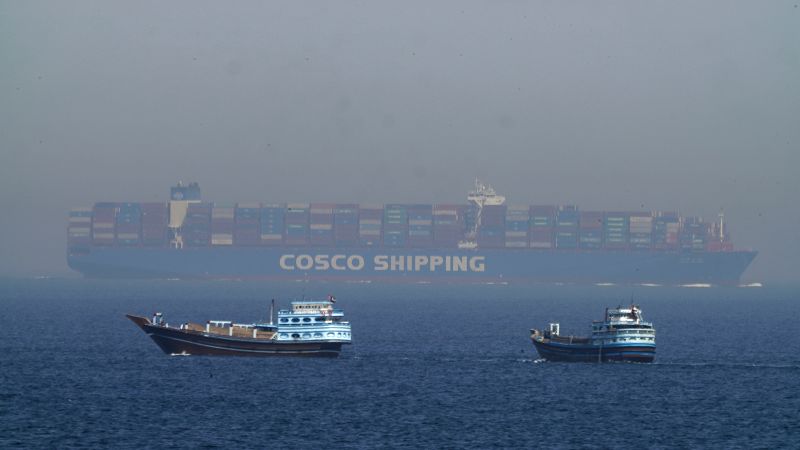
In response to a complex web of global economic challenges, investors are increasingly funneling resources into the energy sector. This movement is being driven by a confluence of factors including changes in global supply chains, expanding fiscal deficits in major economies, and escalating tensions in the Middle East.
As nations reassess their supply chain dependencies—partially in response to the lingering effects of the COVID-19 pandemic and geopolitical shifts—supply chain disruptions have led to increased production costs and delivery delays. These changes are contributing to higher prices across sectors, prompting renewed inflationary pressures.
At the same time, the growing fiscal deficits of major economies, particularly in the United States and parts of Europe, have added concern among investors about the long-term value of fiat currencies. Government spending designed to bolster economies post-pandemic has significantly widened budget gaps, adding fuel to inflationary fears.
Compounding these challenges is the ongoing conflict in the Middle East, particularly involving key oil-producing countries. Tensions in the region have historically impacted energy markets due to the risk of supply disruptions, and current developments are proving no different. Market participants are increasingly seeking refuge in energy assets, which tend to perform well during inflationary cycles.
As a result, commodities such as oil and natural gas have seen increased investment flows. Energy stocks are also gaining favor, with investors viewing them as both a traditional hedge against inflation and a potentially lucrative opportunity amid high demand and constrained supply.
In sum, a combination of economic uncertainty, geopolitical risk, and structural shifts in global trade networks is steering capital toward energy. While this trend reflects a defensive investment strategy in response to inflation, it also signals broader concerns about systemic risk in the global economy moving forward.
Source: https:// – Courtesy of the original publisher.








